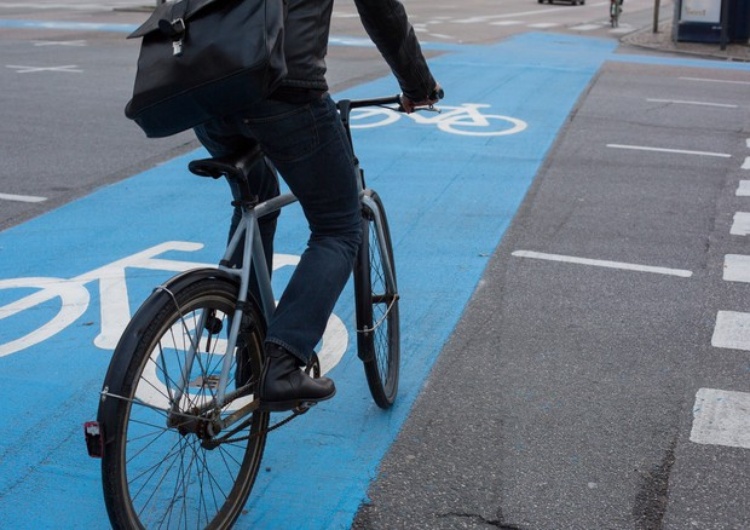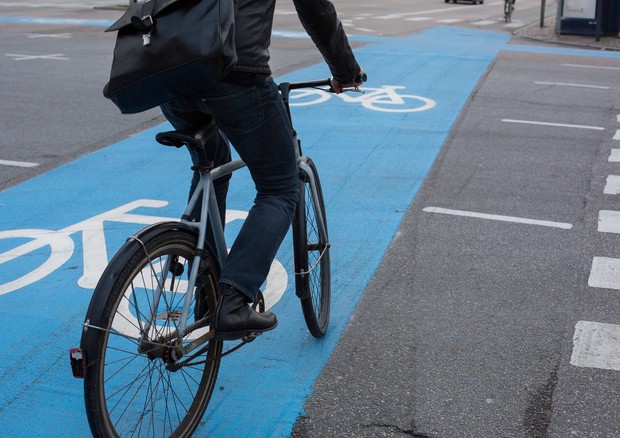This month, the city is handing out GPS devices to 1000 residents with bikes so they can track their travels.
Participants will earn €0.20 for every kilometre they pedal between their home and workplace, paid out via bank transfer.
For bike journeys outside work commutes, participants will be paid €0.04 per kilometre.
The overall amount of money participants can earn a month is capped at €25.
Funded by national government, the initiative will also reimburse riders for part of the cost of buying a bike from a city-approved dealer: €100 for second-hand bikes, €150 for new ones, and €250 for e-bikes.
Mayor of Bari Antonio Decaro hopes the four-month trial will lead to double the amount of bikes in the city this year.
“By cycling, you’ll earn; it won’t only benefit your health,” Decaro said when he announced the scheme last month.
Bari isn’t the first city to pay people to swap vehicles for bikes.
France was the first country to introduce this kind of initiative in 2014.
Two years later, Milan launched a similar plan in an attempt to reduce pollution.
Meanwhile, Bologna started incentivising bike commuters in 2017 with free beer, ice cream, and movie tickets between April and September.
However, Bari’s plans are certainly ambitious and the Apulian city’s infrastructure presents a major obstacle.
When it comes to lanes that bikes can use, Bari still has a way to go.
A flat city with many months of warm weather, Bari has been gradually revamping its long, beautiful waterfront.
The project aims to make roads smaller, improve public transport links, and make the area more accessible to pedestrians, runners and cyclists.
However, a key commuter route for pedestrians and bikes across a new highway bridge still remains incomplete two years after it opened to cars.
Without a fully joined-up citywide lane network to support it, Bari’s plan won’t necessarily make it the next Copenhagen.
Nonetheless, it’s a great step in the right direction.












